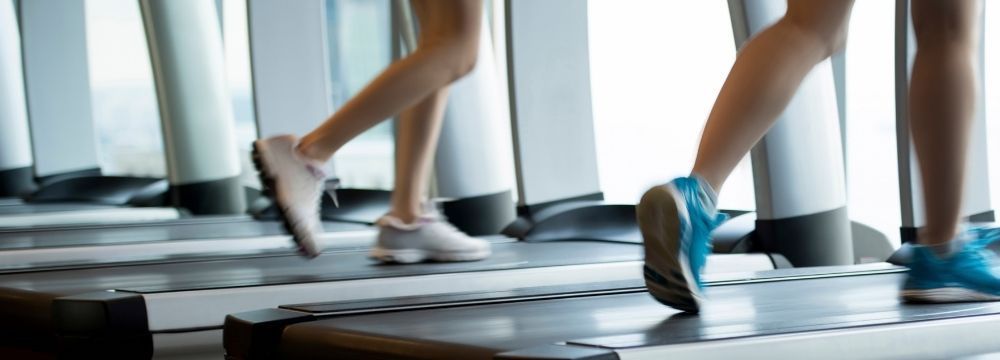Looking To Turn Back Your Heart’s Biological Clock? Take a Walk.
May 16, 2022

Fascinating new research shows the benefits of walking-related to our biological age. Most of us may have commented on how we feel so much younger or older than we were at one time or another. This phenomenon and feeling arise due to the often-underappreciated differences between biological and chronological age.
For most of us, feeling young or old is very subjective. They may revolve around stressful or happy times in our lives. They are strongly influenced by how we think of ourselves emotionally and the aches or pains we may be experiencing. However, it’s essential to realize that we may also “feel younger” on a cellular level. Research is starting to show possible connections between one’s biological age and telomere length as an objective measurement within the body.
Telomeres are the “caps” that cover the ends of chromosomes in our DNA. They have been posited as a good indication of our biological age as they shorten over time (every time they replicate). Once they are too short, the cell can no longer divide, setting its expiration date. A buildup of these cells is thought to contribute to biological aging. By objectively measuring the length of these components of DNA, we can often tell quite a bit about a patient’s health.
We know that walking has immense benefits, but a UK study now shows that walking may increase the length of our telomeres, reducing our biological age. Not only do we know that walking, in general, is helpful, but the study also showed that the more vigorous the exercise, the longer the telomeres remained.1
Of course, this also correlates to your heart health. We know that exercise is a critical component in maintaining cardiovascular health. Many of us have not exercised appreciably in months or years, so it should be very heartening to know that just walking starts to make a difference. You don’t have to start with jogs or runs, and you don’t need to be benching 300 pounds…yet. But as we begin to walk, our bodies get used to the exercise, and we can push ourselves harder each week. Eventually, you may be performing exercises that you didn’t think possible just a few months prior.
Of course, exercise is not the only determinant of your heart health. Keep an eye on what you eat and drink, cut out saturated fats, and avoid simple carbs like sugars, white bread, and white rice. Avoid many of the worst drink offenders, including sodas, fruit juices, and alcohol. Instead, make sure you get plenty of water and stay hydrated, improving your circulation, energy, and mindset.
Lastly, it is essential to remember that cardiovascular concerns should not be ignored. If you feel chest palpitations or have chest pain (angina), this can signify an impending cardiovascular event. If you believe you have a medical emergency, call 911 or get to the ER as soon as possible. For non-emergencies, see a qualified physician as soon as you can. And, if you have been diagnosed with atrial fibrillation (Afib) or other heart rhythm irregularity, it’s vital that you see an electrophysiologist even if the episodes seem relatively mild and don’t interfere with your lifestyle.
We look forward to helping you with any cardiovascular concerns, and we hope you pay special attention to your heart health by exercising and eating well. You can click here to make an appointment with Dr. Banker.


